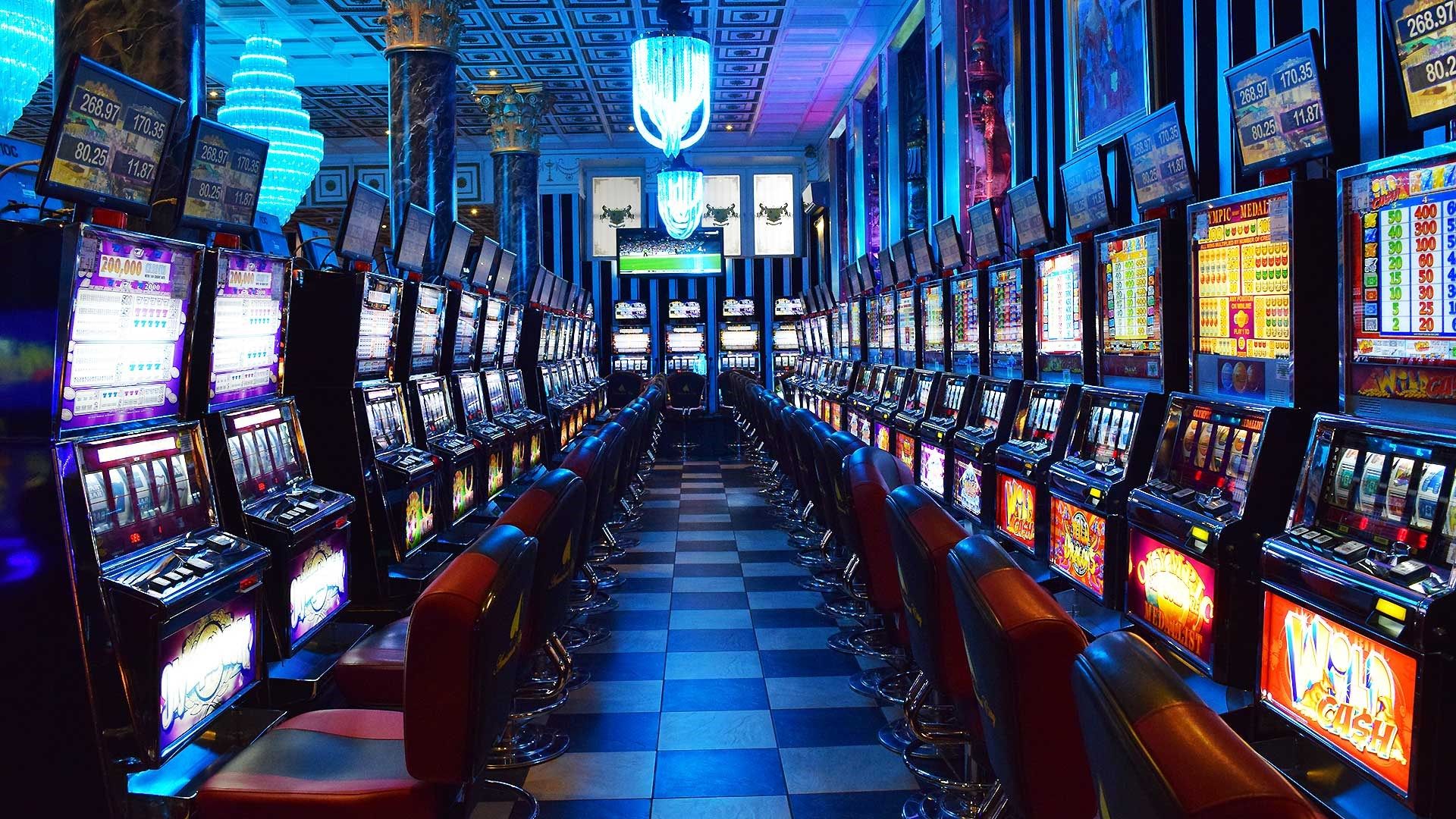
Gambling games have long captivated various types of players, offering not only excitement through chance but also a unique experience designed for diverse kinds of players. From strategic players who thrive on strategic thinking to more casual gamers who seek entertainment, casinos are aware of the subtleties of their audience and create games that meet these differing preferences.
In exploring the realm of gambling games, we encounter a variety of game types that appeal to every kind of player. High-stakes poker tables attract competitive individuals, while colorful slot machines attract those seeking instant gratification. Whether it’s the chance to win big or simply enjoying the social atmosphere, casinos tailor their game offerings to ensure that everyone finds a spot where they feel comfortable and engaged. Recognizing how these games cater to various player types can enhance not only our understanding of them but also our method for choosing which games to play.
Comprehending Player Groups
In the diverse world of gambling games, participants can be classified into specific types based on their incentives and preferences. These participant kinds range from the laid-back and community-oriented gamers, who enjoy the enjoyment value and community engagements that gambling provides, to the more analytical and calculated players, who seek to increase their probabilities and winnings. Understanding these different player types is essential for casinos to customize their offerings and create captivating environments.
One popular kind is the communal player, who considers casino games as a form of social interaction and enjoyment rather than a high-stakes gambling pursuit. These players often enjoy games that encourage participation and friendship, such as poker. Their emphasis is on the journey rather than the result, so vibrant atmospheres and mutual moments are what they hold dear the most.
On the contrary end of the range, tactical players are inspired by competition and the pursuit of expertise. They tend to lean toward games that demand tactical planning and strategy, such as poker, where their skills can determine the conclusion. This category often involves with the games on a more intense level, utilizing insight and approaches to gain an edge. Understanding these drives allows casinos to create atmospheres and game selections that cater to each gamer’s individual choices.
Strategies for Game Design
Gambling games are created with varied player types in mind, utilizing multiple strategies to attract and engage them. For recreational players, the focus is on ease and clarity. đá gà trực tiếp Games like slots are frequently visually appealing with simple mechanics. This allows players to experience the experience without a steep learning curve, fostering an inviting atmosphere. The bright colors, catchy sounds, and thematic elements create a playful environment where players can easily get involved and enjoying themselves.
For strategic players who enjoy a more profound level of engagement, games such as Texas Hold’em and blackjack offer complexity and skill-based elements. These games feature strategy and decision-making, attracting to players who thrive on competition and want to utilize their cognitive abilities. The design of these games regularly includes intricate rules and mechanics that test players to hone their skills and develop strategies over time, creating a fulfilling experience for those who enjoy mastering the game.
Additionally, social players are considered through games that emphasize interaction and community. This comprises live dealer games and multiplayer games, which foster a sense of community among players. The design of these games typically includes communication tools and social elements, allowing players to connect and share experiences. By creating an environment where participation is encouraged, casinos can effectively involve social players, making the gaming adventure more pleasurable and unforgettable.
Boosting Gamer Engagement
Gambling options have evolved considerably to offer a significantly engaging atmosphere for participants. Game creators focus on immersive visuals, dynamic soundscapes, and innovative gameplay mechanics that engage participants into the gaming space. By leveraging digital advancements, such as VR and enhanced reality, casinos ensure that players feel as if they are part of a thrilling atmosphere, enhancing in addition to the enjoyment of the activities but also the entire satisfaction of being in a casino.
Player interaction is another key aspect in improving gamer engagement in casino games. Many options are designed to promote interaction among players, whether through multiplayer formats or social tools. This community feature appeals to gamers who like connecting with other participants while engaging, developing a community vibe community. Furthermore, community aspects can consist of ranking systems, tournaments, and prizes for cooperative gaming, which attract ambitious players and inspire them to revisit for more.
Lastly, tailoring plays a vital role in tailoring the engagement for different player types. Betting companies and title creators examine player behavior and tastes to offer tailored game suggestions and benefits. By grasping the unique tastes of participants, betting venues can offer customized offers, incentives, and new titles that satisfy each gamer, thus enhancing their overall satisfaction and commitment to the gaming venue.
